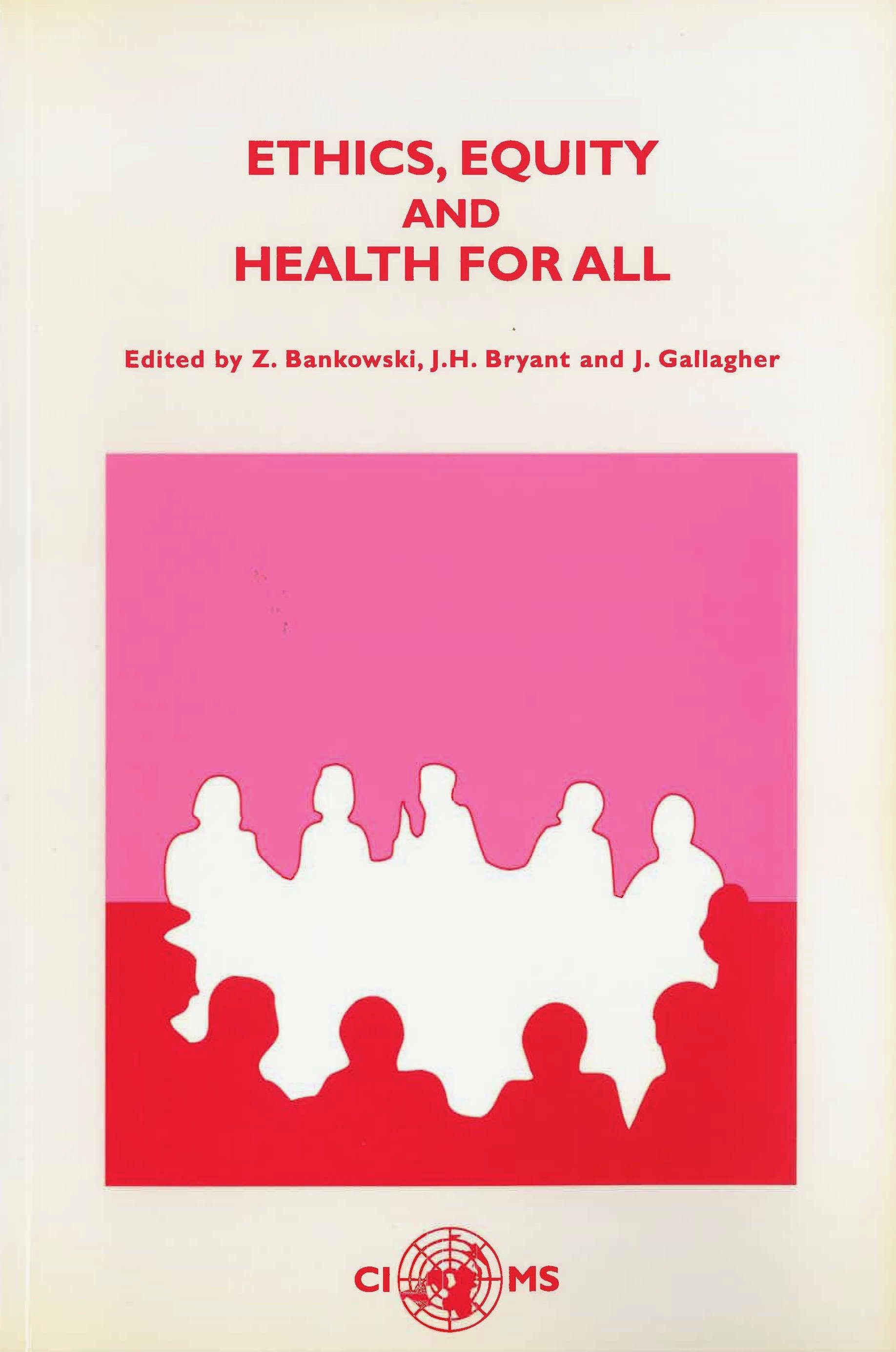Records the main presentations of an international conference convened to identify the ethical concerns that need to be addressed as WHO renew its health for all policy for the 21st century.
The meeting was attended by more than 150 experts in the fields of ethics, human rights, philosophy, medicine, and public health. Their contributions illustrate the many complex issues that need to be addressed when formulating global health policies for the future, particularly in view of striking recent changes in health care, disease patterns, market forces, and political systems. The report opens with a description of the WHO policy framework for achieving four goals in the 21st century: attainment by all of health rights, achievement of global health equity, increase in healthy life expectancy, and access for all to essential quality health services. Against this background, the first section traces the evolution of bioethics to its present concern with the health of populations and identifies some of the most important inequalities that confront contemporary society. Papers in section two discuss key policy issues, including the definition of essential public health functions and their relationship to primary health care, ethical issues raised by the use of Disability-Adjusted Life Years (DALYs) to prioritize health resources, and the potential conflict between policies aimed at reaching vulnerable groups and those seeking to achieve aggregate health benefits. Ethical issues are discussed in subsequent sections, which explore policy implications at global, regional, and national levels. The remaining sections consider the actions needed to ensure that ethical analysis plays a role in the renewal of the health for all strategy and discuss some of the practical requirements for gaining commitment to equity as an essential public health goal for the 21st century.


There are no reviews yet.